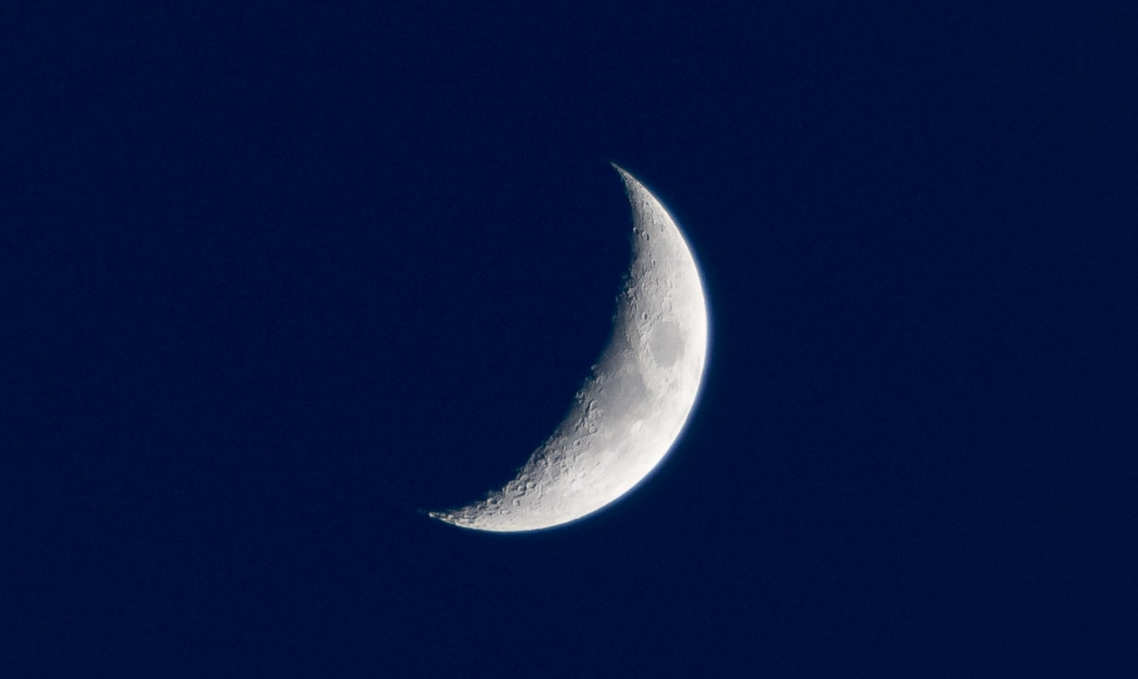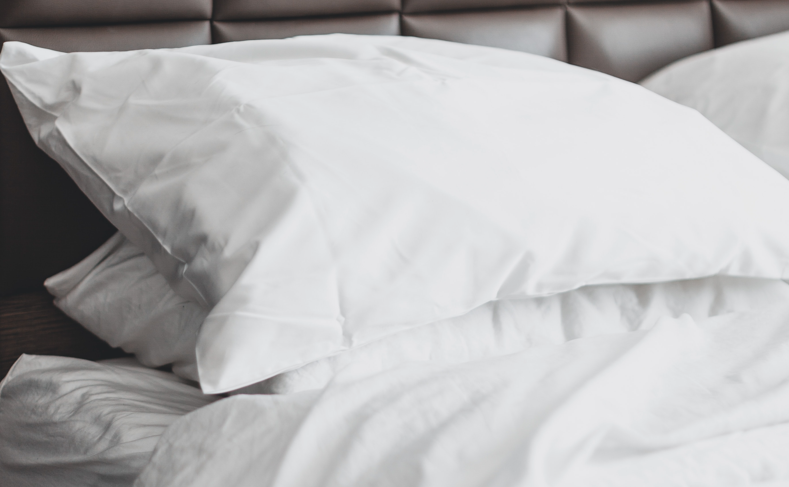Too much sleep and too little are both bad for you
Photo: iStock/Wavebreakmedia.
Research has shown that both too much sleep and too little aren’t very good for your brain. Now a study conducted in Greece suggests that either one can also put your heart at an increased risk for disease.
More than 1,700 people between 40 and 98 (mean age: 64) took part in the study, which included healthy patients, those already living with heart disease, and those at risk. Those who slept the recommended seven to eight hours each night were found to have less stiffness in their arteries, resulting in a lower risk for heart disease and stroke. Those who slept less than seven hours or more than eight saw incidences of plaque build-up 54% and 39% higher, respectively. That was still the case even when researchers adjusted for other risk factors such as diet and exercise. The study results were presented at a recent congress of the American College of Cardiology.
“The message, based on our findings, is, ‘Sleep well, but not too well,’” said lead author Evangelos Oikonomou.
“Unlike other heart disease risk factors such as age or genetics, sleep habits can be adjusted. Even after taking into consideration the impact of established risk factors for atherosclerosis and cardiovascular diseases—for example age, gender, obesity, smoking, hypertension, diabetes, high blood pressure, and even a history of coronary artery disease—both short and long sleeping duration may act as additional risk factors.”
Researchers are still trying to understand whether there’s a direct relationship between sleep and heart disease, or whether good sleeping habits go hand-in-hand with other lifestyle choices that maintain a healthy heart.
“Moreover, short sleep duration may be associated with increased cardiovascular risk factors—for example, unhealthy diet, stress, being overweight or greater alcohol consumption—whereas longer sleep duration may be associated with a less active lifestyle pattern and lower physical activity,” Oikonomou said.






